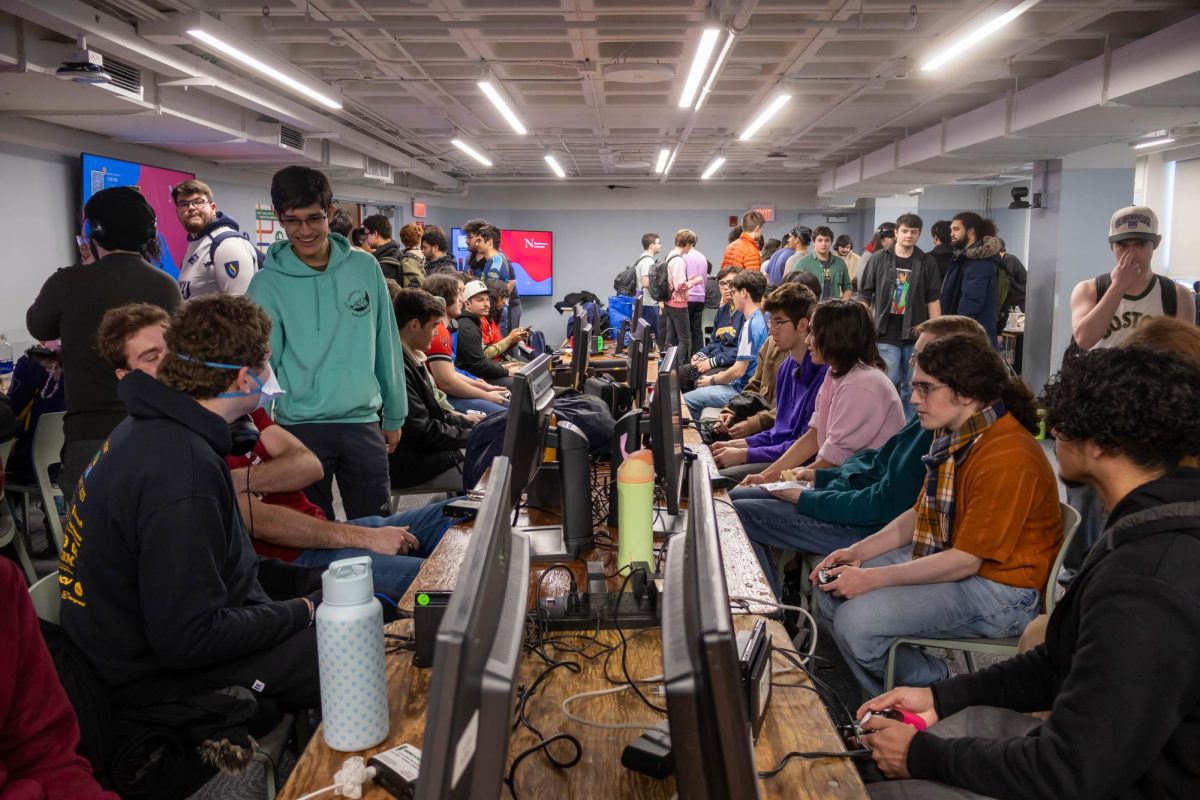Alieu Sheriff spends most of his free time working as a security guard or studying at the Snell Library. He is new here.
Without family and an ocean away from his homeland of Liberia, Sheriff, 61, tries to make the best of his situation.
Things could be better. He has trouble finding students who will talk to him. He sometimes becomes frustrated with his laptop. And at first, Sheriff found the cold climate unbearable, although no one is at fault for that, he said.
“Equally so, my cultural concerns should be preserved,” he said, his voice slow and meditated.
Sheriff recalled recent encounters with “specimens of the ugly American.” When working as security guard, a job he finds menial, in a building at Bowdoin Square, one man approached him after office hours, late at night, demanding a computer from the building. He was wielding a clearly fabricated notice of approval, Sheriff said.
“Because of my refusal I was bombarded with all sorts of insults,” Sheriff said. “He said, ‘You nigger from Africa you think you can come here and boss me around.’ Realizing that first and foremost I was alone, I gave him the benefit of the doubt by not reacting in a negative way. I knew he was ignorant.”
Sheriff tries to be wiser. But he sees many others being treated the same, like a group of Somali Muslims in Maine who once found a pig’s head in their mosque. And he sees his fellow refugees being directed to similar jobs that he finds menial. But seeded in his mind are visionary ideas to reform the present refugee support system, which Sheriff finds inadequate and dysfunctional.
Forced to flee
Sheriff left Liberia in 1980, running for his life, after Liberian President William Tolbert, Jr., under whom Sheriff served, was stabbed 15 times in a coup d’










